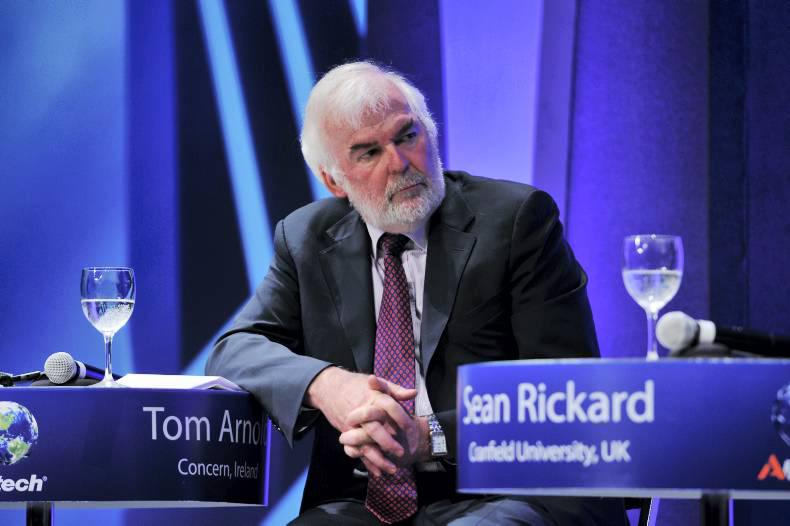In a post-Brexit scenario the risk is that Britain could reinstate something similar to the cheap food policy it had prior to joining the EEC, according to Tom Arnold.
The former chief economist at the Department of Agriculture was speaking at the IIEA conference in Dundalk last Friday.
“I think a lot of the time in referendums people aren’t voting on the issue before them, they’re voting on other levels of dissatisfaction they have,” said Arnold. “So of course farmers are dissatisfied with milk price, with all the other aspects of regulation etc. But what I’m saying is we should look at the basic figures.”
His figures show that support payments under the CAP in 2014 represented 60% of net farm income in the republic and 91% of net farm income in the North.
“The figures for 2015 were even starker. In Ireland 55% of net farm income came from support payments compared to 155% in the North, largely due to milk prices.”
Vulnerable
The director general of the IIEA believes Northern Ireland farmers are the most vulnerable because they are more dependent on public subsidy than any other region in the UK.
“Beef would be most vulnerable because traditionally dairy farmers tend to do better out of the public purse than others,” said Arnold. “If Britain is to make, if you like, fundamental choices in a post-Brexit situation and they are going the direction of a new version of the cheap food policy, then of course Britain would have potential to have more liberal trade arrangements particularly with the likes of South America.”






 This is a subscriber-only article
This is a subscriber-only article










SHARING OPTIONS: